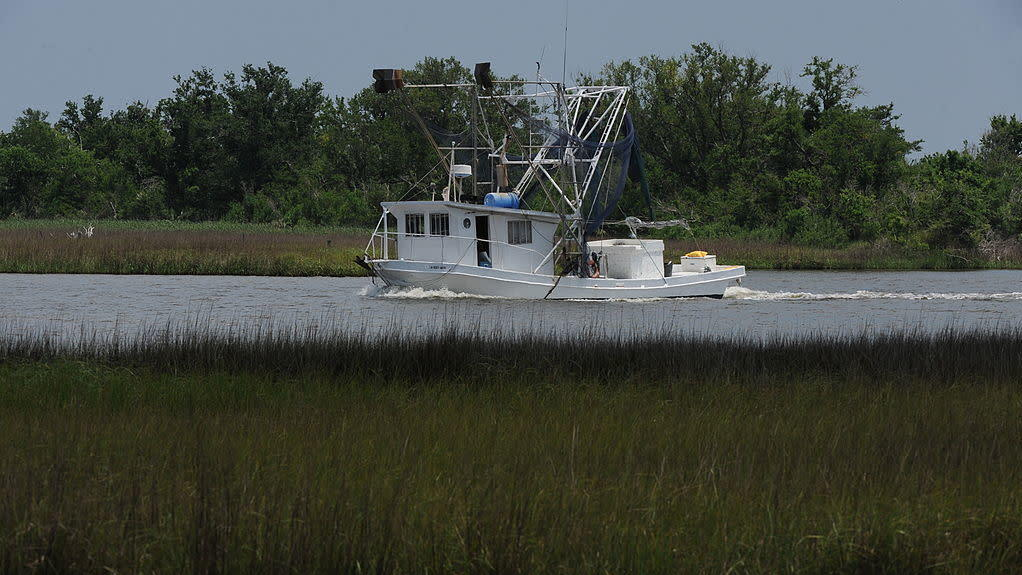The U.S. Government Is Donating Gulf Shrimp To Food Banks
COVID-19 has impacted agriculture around the country, and that extends to U.S. shrimp fisheries, which are largely located along the coastline of the Gulf of Mexico. With restaurants and hotels closed around the country the demand for shrimp is way, way down, leading to fears that the price of shrimp will collapse. To help offset this, the U.S. government has stepped in and announced it will be buying $30 million worth of U.S.-harvested shrimp.
As reported by the Associated Press (with a hat-tip to Modern Farmer for alerting us to the story), the massive shrimp buy is the result of lobbying from both Louisiana and Mississippi, two states that produce shrimp and stand to be impacted by COVID-related factors. In a press release Mississippi's two U.S. senators and one of its house members stated that they had sent a letter to Agriculture Secretary Sonny Perdue in May, asking that the USDA purchase shrimp (thus propping up the industry) and distribute that same shrimp to people being impacted by the pandemic.
While it may sound a little weird that places like food banks may now be supplied with a significant volume of high quality shellfish, it's actually not all that unusual. Food banks rely on donations from a variety of sources, including farmers (and theme parks), and will accept a diverse assortment of food items. For example, when national parks in Washington D.C. and Maryland decided they needed to cull the booming white-tailed deer population in 2018, food banks ended up with more than 14,000 pounds of fresh venison, a volume the National Parks Service said added up to more than 50,000 meals.
